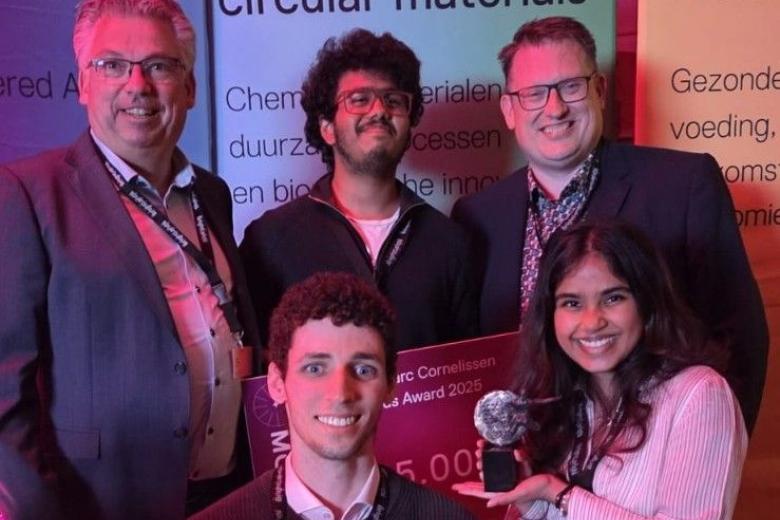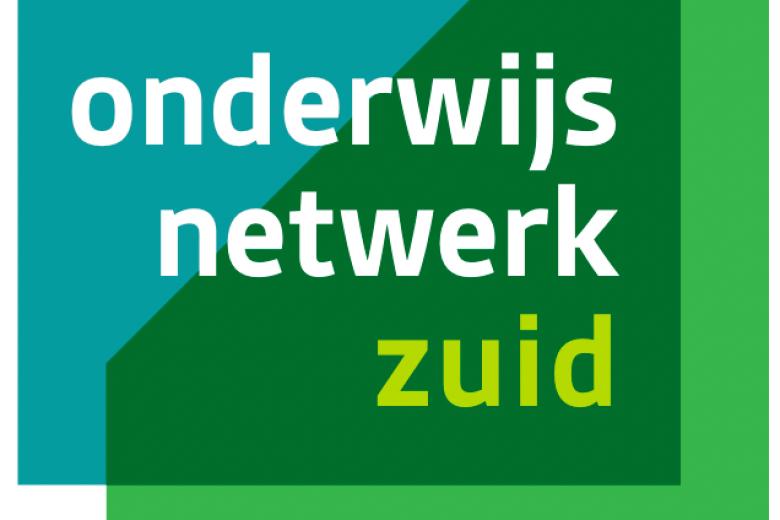UM’s Erasmus+ Staff Mobility Policy 2023-2026 – Fresh perspectives for staff
To encourage support staff to broaden their horizon, develop themselves and experience innovative solutions to relevant problems from partners across Europe, Maastricht University has launched an initiative to stimulate its employees to participate in a European staff mobility programme. UM’s Erasmus+ Staff Mobility Coordinator Tamara Aroustamova explains how a couple of days at a partner university can change perspectives and motivate people – and why you should also give it a go.
“I came back really energised, full of new ideas and even more enthusiastic about my job!” Thanks to an Erasmus+ staff mobility grant, Netty Bekkers, project manager at UM’s diversity department, went to Trinity College Dublin for three days to learn from their disAbility team, all of whose members have disabilities themselves. “I knew the institutions through my professional network and I had come across their great work on disability inclusion during research for my job.” Netty describes her hosts as very welcoming and eager to share their experiences, approach and work processes. “It was great to get so much inspiration and ideas.”
The ERASMUS+ staff mobility grant is EC-funded and helps finance UM staff visit European partner institutions. The options include organised staff training weeks or job shadowing to see how support staff at a partner university work. Participants identify and organise their own exchange opportunity and will be reimbursed for their travel and accommodation, with Erasmus+ fund covering the lion’s share and UM topping up any excess costs for up to €1,500.
Different solutions to similar problems
“We’re currently in the middle of a 3-year pilot programme,” explains employment mobility coordinator Tamara Aroustamova, “this year, we’ve had six colleagues from FHML, MUO and FSE go abroad and another three will go in the autumn.” While international mobility is inherent in academic jobs, ways of exchanging operational knowledge and expanding one’s network is a lot less straightforward for university support staff, even though the benefits are obvious.
“You get to learn from people who are facing very similar problems but who might approach them in a very different way or in a similar way but better,” says Tamara, “seeing how things can be done differently and looking beyond established patterns and routines can be incredibly valuable.” Tamara herself went to a staff week with the grant to visit UM’s YUFE partner Bremen. “The topic was diversity and inclusivity, with a focus on invisible disabilities. It was really eye opening and a great experience. I really recommend it.”
Identify your perfect opportunity
While requiring a bit of effort and initiative, the process is relatively straightforward: staff weeks, an overview of which can be found here, tend to have their own application process. It should be noted that paid conferences and language courses are not covered. For job shadowing, employees identify a host, either through their own professional network, UM’s institutional network, or by pursuing a specific question and finding a suitable host from the Erasmus network. Then they contact that university’s Erasmus coordinator to ask approval and apply for the grant. “You fill in the application form stating clearly how you can benefit from this opportunity, what your intended learning outcomes are and what motivates you.”
Candidates also need to attach a budget projection and a letter of approval by the host institution. After that, the application goes to a committee and people will receive feedback inside a fortnight of the application deadline. While all the costs incurred need to be declared with receipts, successful candidates can get the funds in advance based on their budget projection.
So far, the feedback has been overwhelmingly positive. “I was really moved by the enthusiasm for the programme. While everyone had very different experiences, everyone came back with a light in their eyes. They all seemed motivated and full of energy. Experiencing a new context and new approaches recharges you and allows you to see things with new eyes.”
Text: Florian Raith
Also read
-
Roy Broersma (CEI): Guiding Aestuarium from idea to venture
Roy Broersma, director of the Center for Entrepreneurship & Innovation (CEI) at SBE, has been closely involved in guiding Aestuarium from an early student startup to a growing venture. From spotting their potential during the Brightlands Startup Challenge supporting them through CEI.
-
Despite a less tight labour market no end to shortages in healthcare, education, and tech
Interesting new findings in the report 'The Labour Market by Education and Occupation until 2030' from the Research Centre for Education and the Labour Market (ROA) at Maastricht University.
-
A strong education network for Brabant and Limburg: better alignment, less dropout
On November 24, 2025, secondary schools (VO) and higher education institutions (HO) in Brabant and Limburg signed up for the Education Network South Netherlands: one VO-HO network that will improve the flow of students to further education and reduce dropout rates.